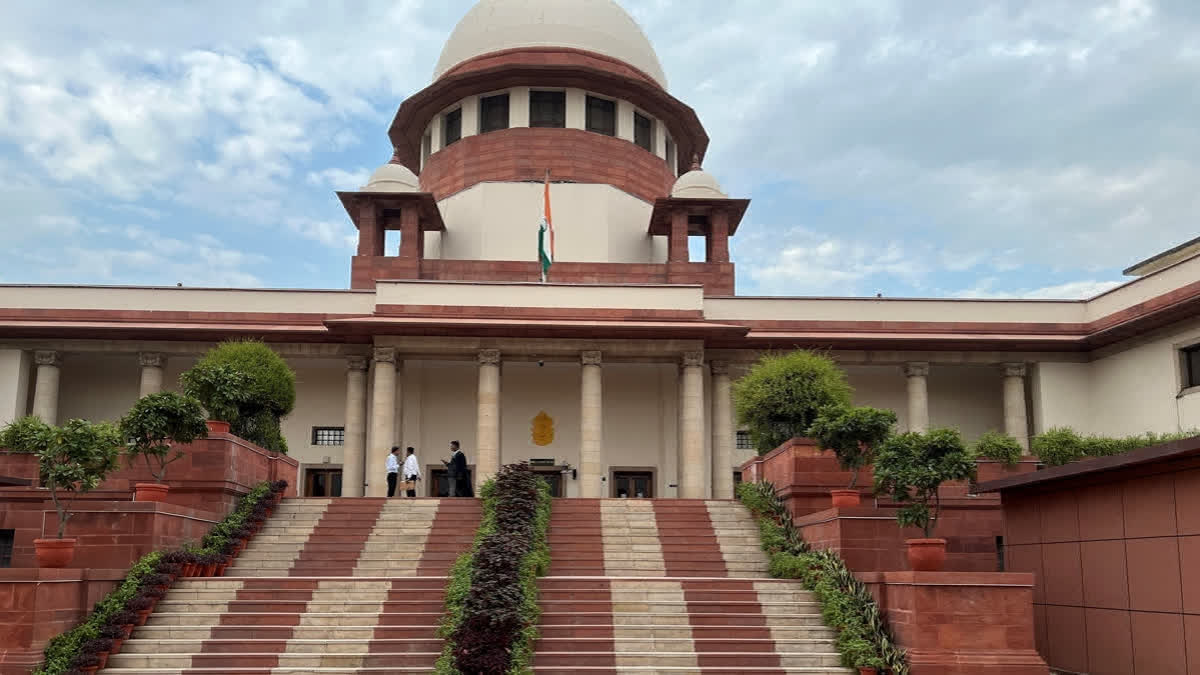New Delhi: The Centre on Monday informed the Supreme Court of framing the "Menstrual Hygiene Policy for School Going Girls" approved by the Union Health Ministry.
The Centre referred to a top court order of April 10, 2023, and said the Union Ministry of the Health and Family Welfare framed the policy over menstrual hygiene of female school children which was approved by the minister concerned on November 2, 2024.
The top court was hearing a PIL filed by Congress leader and social activist Jaya Thakur seeking directions to the Centre and states to provide free sanitary pads to female students between Classes 6 and 12 and ensure separate female toilet facilities in all government, government-aided and residential schools.
"This policy aims to mainstream menstrual hygiene within the school system of the government to bolster change in knowledge, attitudes, and behaviours, among schoolgirls, overcoming the barriers of low awareness that often restrict their freedom, mobility and participation in daily activities," the affidavit, filed in the pending matter, stated.
It said the policy enables coverage, needing assessment through appropriate levels of survey mechanisms that can be undertaken by states and union territories followed by gap-filling, so that students in government and aided schools have regular access to menstrual hygiene products.
The Centre said the policy aimed at dissipating harmful social norms and promoting safe menstrual hygiene practices, besides enabling environment-friendly management of menstrual waste. A bench of Justices J B Pardiwala and Pankaj Mithal is scheduled to hear the PIL on October 12.
The Centre previously informed the apex court that over 97.5 per cent of schools in the country, including government, state-aided and private ones, provided separate toilet facilities for female students.
States and union territories, such as Delhi, Goa and Puducherry, achieved 100 per cent targets and complied with the previous court orders, it added.
It also informed the court that 16 lakh toilets for boys and 17.5 lakh toilets for girls were constructed in over 10 lakh government schools apart from 2.5 lakh toilets for boys and 2.9 lakh toilets for girls in government-aided schools.
